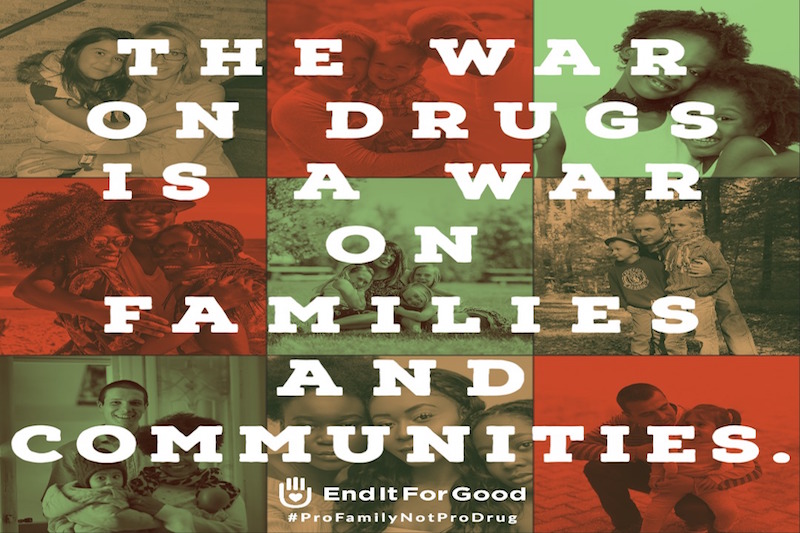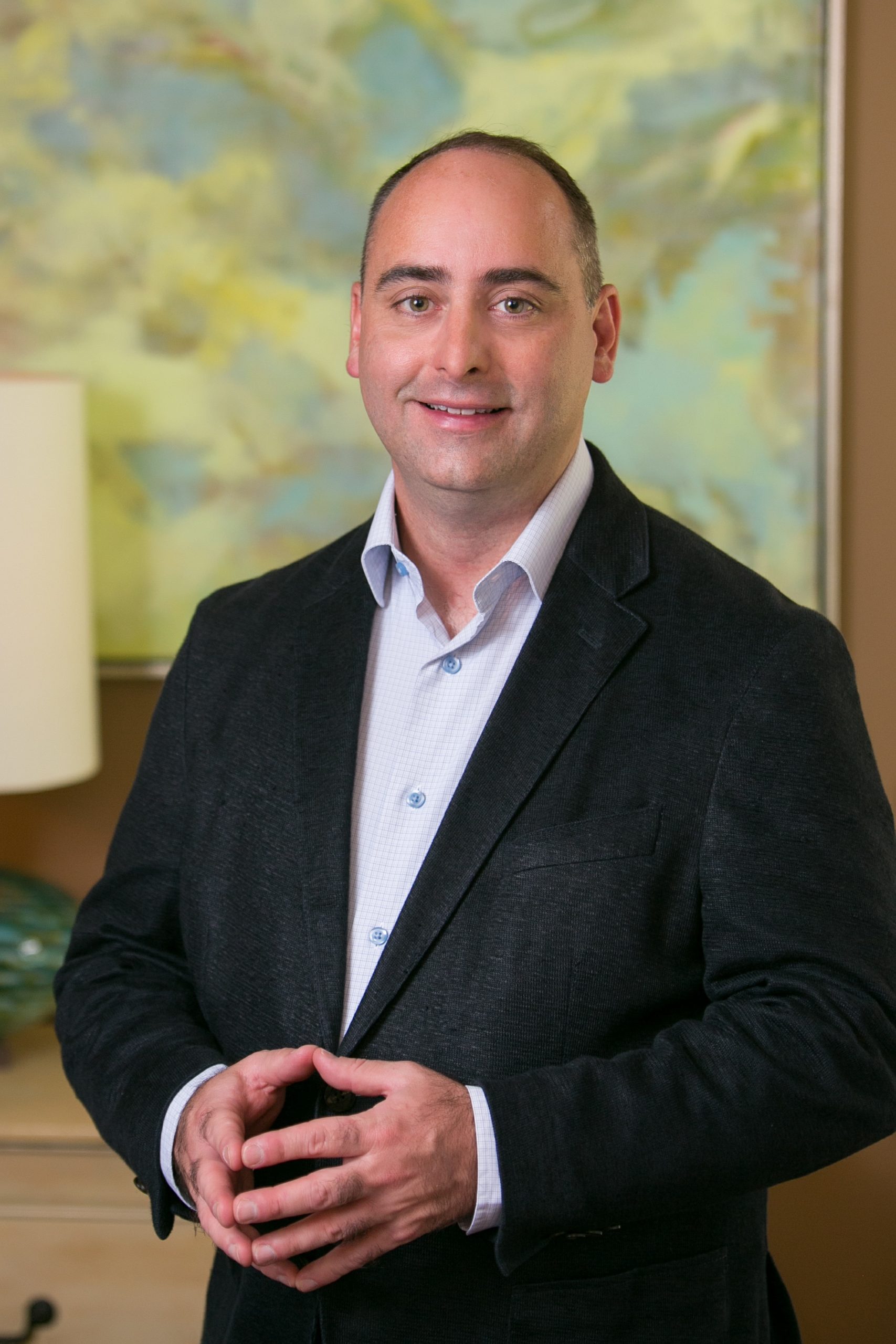Fifty years ago this week, on June 17, 1971, President Richard Nixon held a press conference in the White House Briefing Room to officially declare a “War on Drugs.”
“In order to fight and defeat this enemy, it is necessary to wage a new, all-out offensive,” President Nixon stated.
Since that press conference, our country followed the president’s directive and launched a decades-long crackdown on people who use drugs. Our policies at the federal, state and local levels across the United States have largely mimicked this punitive response. So, has it worked?
Over the last five decades we have not reduced the harms associated with drugs, nor have we stopped drug use. Rather, these criminal policies have created a vast amount of additional harm across society.
Seeking Alternatives to the Drug War
In Mississippi, our drug laws have often fallen in simultaneous step with the War on Drugs. Yet, drug use is increasing, overdose rates are higher than ever, and thousands of families have a loved one currently incarcerated on a non-violent drug charge in the Mississippi prison system.
This brings up the unavoidable, lingering question. Are Mississippi’s citizens ready for a change in our drug laws?

I might be able to shed a little light on this answer as the leader of Mississippi’s only community education and advocacy nonprofit group on drug policy. Since 2017, End It For Good has held 23 community discussions about “Alternatives to the Drug War” with more than 1,000 Mississippians. These community discussions have taken place as far north as Southaven and as far south as Ocean Springs.
Prior to COVID, the opioid epidemic was America’s No. 1 public-health emergency. As the coronavirus pandemic roared, it only exacerbated our nation’s drug crisis, bringing heightened attention and awareness to the issue.
As COVID began waning this spring, we at End It For Good resumed our community-discussion program, holding live, in-person sessions of “Alternatives to the Drug War.” Since March, the EFG team has hosted four community discussions from Mississippi’s Golden Triangle to the capital city, down to the Hub City and Pascagoula. Attendees have included Mississippi citizens, public officials, law-enforcement officers, clergymen, Chamber of Commerce leaders, higher-education officials, and the list goes on.
Spreading Public Awareness
Some people have asked me recently, “Since the Mississippi Supreme Court overturned Initiative 65, hasn’t that hurt y’all or at least been a setback?”
The answer to this question is paradoxical, because the honest answer is yes and no. Yes, the MSSC’s decision is a setback for our state and the welfare of a significant, suffering population within our citizenry. On the other hand, the MSSC’s decision has called increased attention to the issue and, therefore, increased demand for our work.
For this reason, as we mark this unfortunately historic anniversary of America’s War on Drugs this week, I am announcing that we at End It For Good are launching a public awareness campaign for the citizens of Mississippi in the coming summer months.
This campaign will show how our state’s failed drug laws cause undue harm to its people, families, communities, businesses and law enforcement officials alike. As we gear up for this season, I also personally invite each and everyone of you to consider joining us on the End It For Good journey. Please email christina@enditforgood.com or call 601-720-2073 to get involved.
This MFP Voices essay does not necessarily represent the views of the Mississippi Free Press, its staff or board members. To submit an essay for the MFP Voices section, send up to 1,200 words and factcheck information to azia@mississippifreepress.com. We welcome a wide variety of viewpoints.






